Arsene Wenger vs Sir Alex Ferguson: Which of their players has become the best manager?
Wenger vs Ferguson was the fiercest-ever Premier League dugout battle - years on, as Mikel Arteta faces Michael Carrick, how do the two old masters' legacies compare with their disciples?
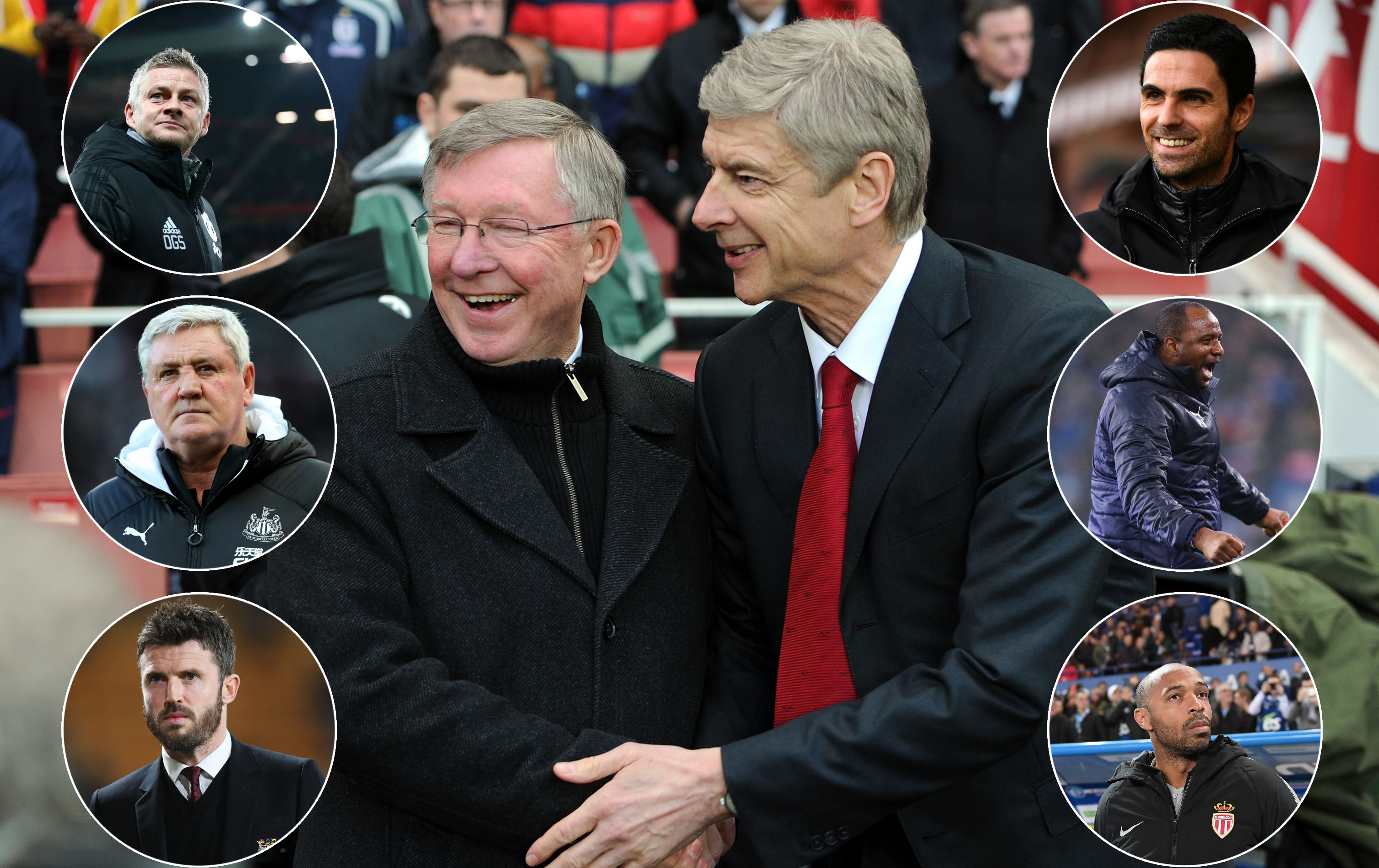
When Arsene Wenger arrived on English shores in 1996, it started a rivalry with Sir Alex Ferguson that would come to define the drama and spectacle of the Premier League.
25 years on and their presence still reigns supreme in their respective corners of the country. Arsenal are currently managed by Mikel Arteta, who's spoken recently about his desire to get Wenger back at the training ground; Manchester United have just sacked one legend in Ole Gunnar Solskjaer, putting another in interim charge in Michael Carrick. Ralf Rangnick is waiting in the wings, of course, but Carrick is still at the wheel for the Gunners' visit.
So which of Ferguson and Wenger have the better disciples? We're not going to trawl through every single ex-player from each, of course - but here are some of the best, some of the worst and some that the jury are still out on for each legend. In no particular order, of course.
The best
Steve Bruce (played for Ferguson, 1987-96)
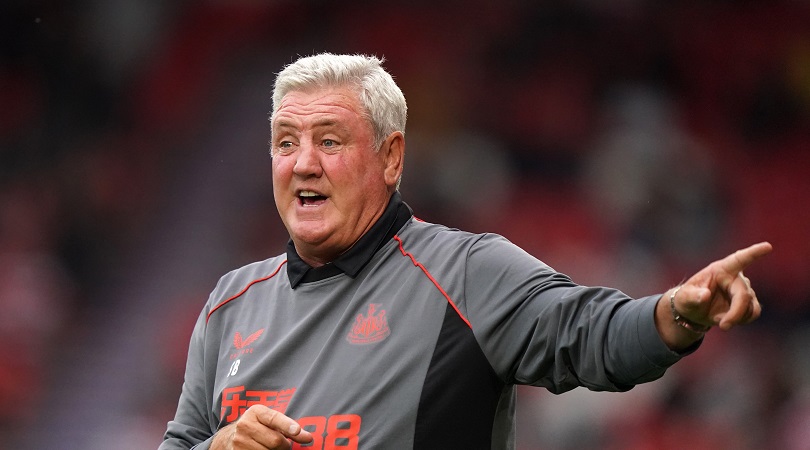
Labelled by fans as a "tactically inept cabbage head", Steve Bruce might seem like a bit of a meme now. The last few weeks of his Newcastle tenure were particularly rough. But let's not let mean fans get in the way of the truth.
You don't reach 1,000 games in management without doing something right and though Bruce has his detractors, he's had a respectable career at the near-top. Highlights include an FA Cup final with Hull and four promotions to the Prem in his time. He's an undeniable success.
Glenn Hoddle (played for Wenger, 1987-91)
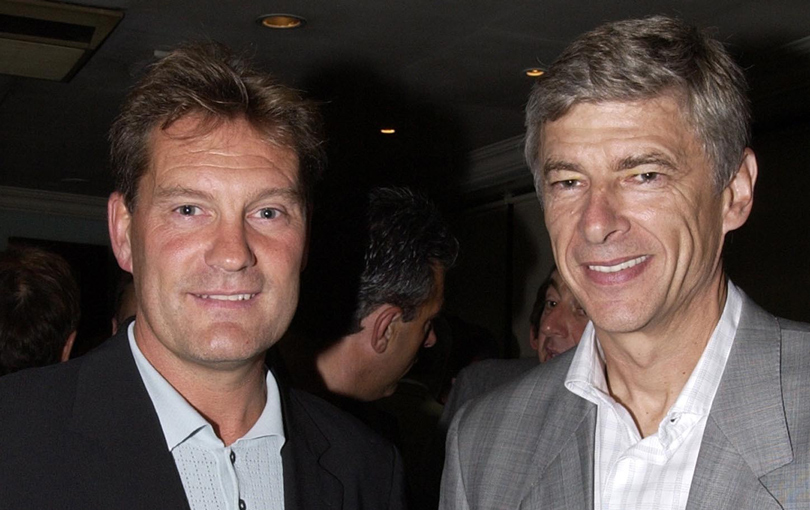
Yep, Glenn Hoddle played under Arsene Wenger. The Frenchman brought Hodds to Monaco in the 80s.
Get FourFourTwo Newsletter
The best features, fun and footballing quizzes, straight to your inbox every week.
Some may say we're being overly kind but we're putting Hoddle in the good pile when it comes to managers. His dismissal from the England team was rather weird but his win rate with the national side was good; he was somewhat unlucky at France 98, too. He kept Southampton up impressively and started OK at Tottenham - he was somewhat unfortunate to be fired there, too. Wolves was a bit of a disaster, mind.
We're giving him the benefit of the doubt, though. Hoddle wasn't a bad manager... he's a better co-commentator, though.
Mark Hughes (played for Ferguson, 1988-95)
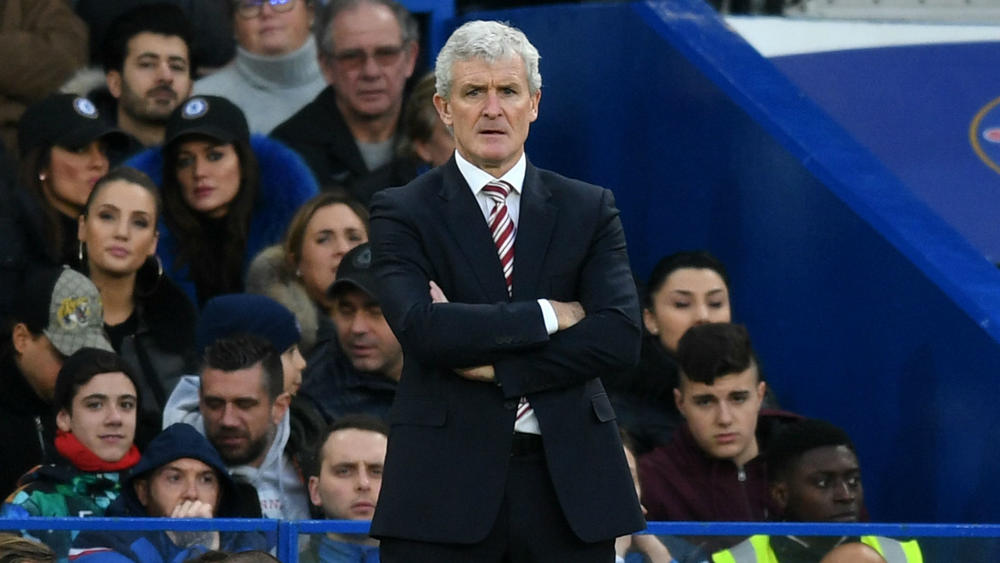
Mark Hughes was an early general for Sir Alex, there for the start of the success, while his Old Trafford exit helped usher in the Class of 92. Rather like Brucey, we're saying he's a good manager based on part because of his longevity.
His most solid stint probably came with Stoke City, transforming a Pulisball side into one capable of housing former Champions League winners like Xherdan Shaqiri and Bojan. He also took Blackburn Rovers to a first FA Cup semi in 40 years. Not to be sniffed at.
Mikel Arteta (played for Wenger, 2011-16)
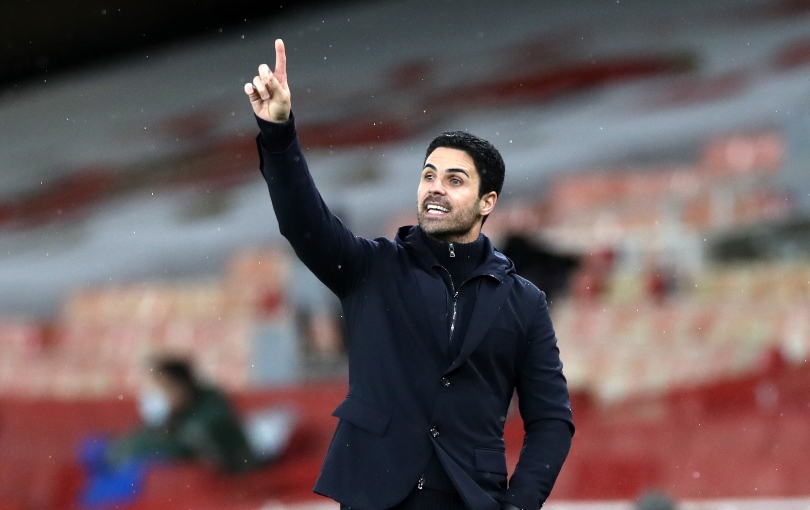
Mikel Arteta was brought in as a panic buy on deadline day following the 8-2 loss to Manchester United in 2011. He went on to captain Arsenal and credits Arsene Wenger as being the man who made him want to become a manager.
It seems like public opinion on Big Mickey Tetz shifts from one month to the next; either he's the next Pep Guardiola or the next Pep Clotet, according to Arsenal fans. Still, a massive squad revamp with better players, more youngsters with better potential and a 14th FA Cup in 2020 isn't bad - were he to leave north London tomorrow, he would go down as an unquantifiable success.
Laurent Blanc (played for Ferguson, 2001-03)

French World Cup winner Laurent Blanc played under some awesome managers. Bobby Robson at Barcelona, Aime Jacquet for the national side, Guy Roux at Auxerre and Marcelo Lippi at Inter Milan - briefly working with Roy Hodgson, when he went back to the San Siro.
Blanc's fleeting time with Fergie may or may not have had a big impact on him - but he's been undoubtedly successful in management. The Frenchman won Ligue 1 with Bordeaux and Paris Saint-Germain; the accusations of alleged racism while France manager have somewhat soured his reputation, though.
Patrick Vieira (played for Wenger, 1996-2005)
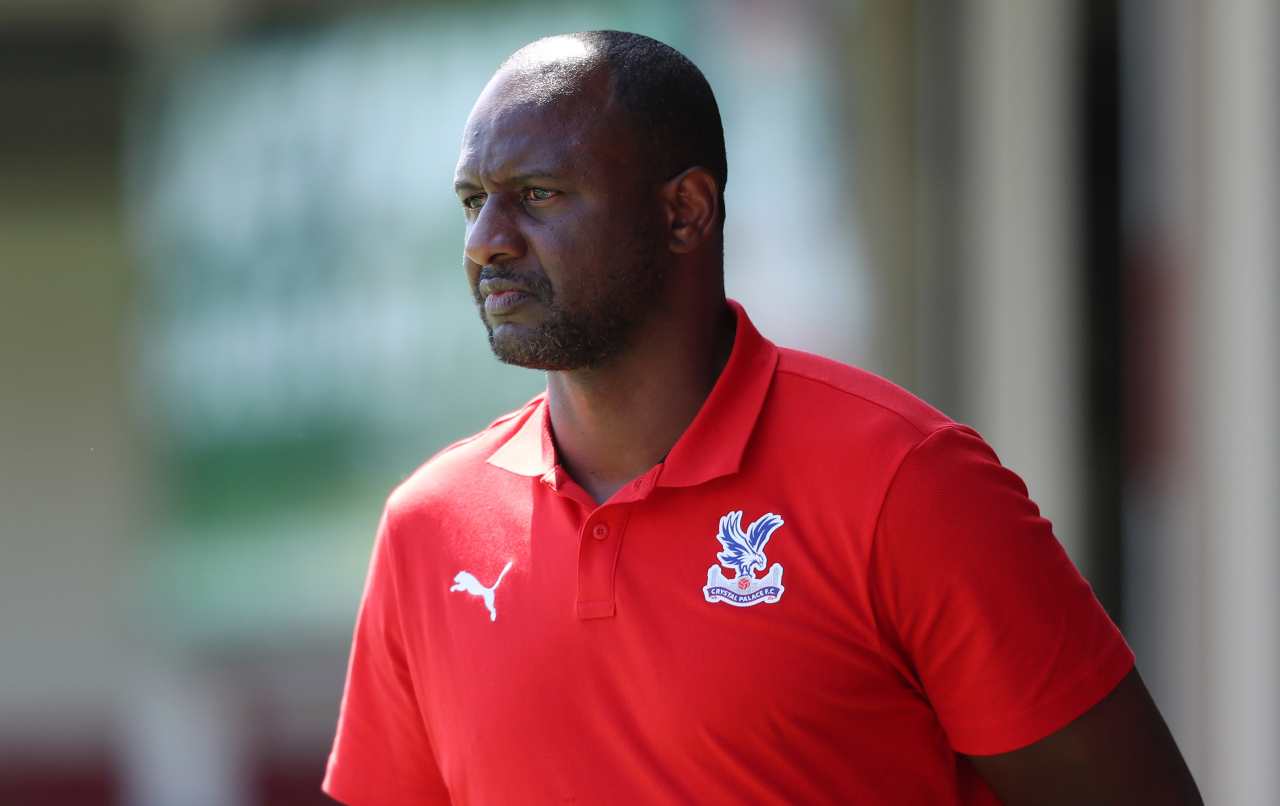
A breath of fresh air at Crystal Palace, Patrick Vieira has put learning curves at New York City and Nice to good use and is performing nicely in the Premier League. His team are young, exciting and play a tactically-astute brand of football.
Still, the fantastic former no.4 credits Jose Mourinho with more of an impact on his coaching career than Arsene Wenger, after working with him at Inter Milan. "He’s the manager who had more influence on me," Big Pat once said.
Gordon Strachan (played for Ferguson, 1978-84, 1986-89)
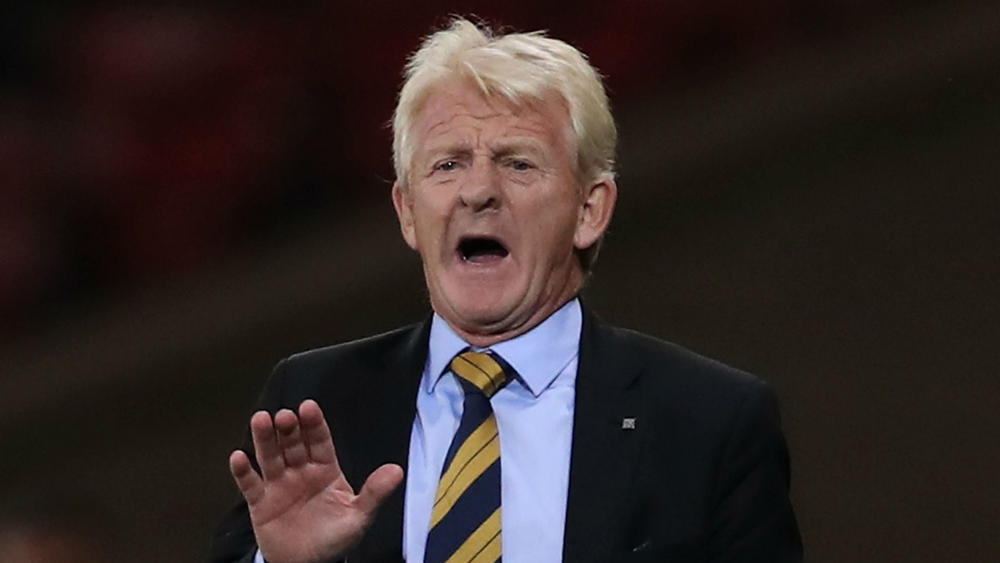
Gordon Strachan played for both Aberdeen and Manchester United under Sir Alex Ferguson. The pair didn't always see eye to eye but the old master must have influenced Strachs along the way.
While Strachan will perhaps never see himself on a list of greatest-ever bosses - sorry, Gordon - he's won a few titles while at Celtic and got a middling Southampton to an FA Cup final in 2003. That's good enough for us to get on the good list.
Claude Puel (played for Wenger, 1987-94)
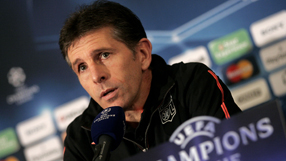
Another former Monaco star under Arsene Wenger, some Leicester City fans might disagree with us calling Claude Puel a good manager. He definitely is, though.
Puel won Ligue 1 with Monaco early in his career, has had a respectable career in France and is currently firefighting with a strange bunch at Saint-Etienne. His football was boring as beige at Southampton but he gave them some kind of structure, got them to eighth in the league - that's higher than Hasenhuttl has managed - and made a League Cup final. He laid some valuable foundations for Brendan Rodgers at the King Power Stadium, too.
How much he learned from Wenger is arguable, though. His football is defensive and based on blocking space rather than exploiting other sides, unlike his old Monaco boss.
Ole Gunnar Solskjaer (played for Ferguson, 1996-2007)
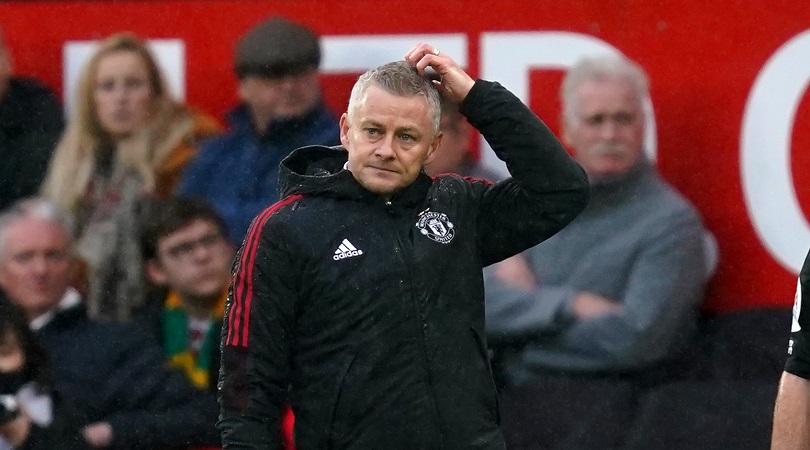
No, really... he can stay in the good pile.
The man who reportedly wouldn't park in the manager's spot at Carrington because it was Fergie's, actually, did a decent job in the end. Ole Gunnar Solskjaer took a team that was floundering under Jose Mourinho to second in the league and another Europa League final, improving them in most positions and developing a number of young players. His inspiration from Ferguson was clear - and he even brought his mentor along a few times for words of wisdom.
Mark Robins (played for Ferguson, 1988-92)
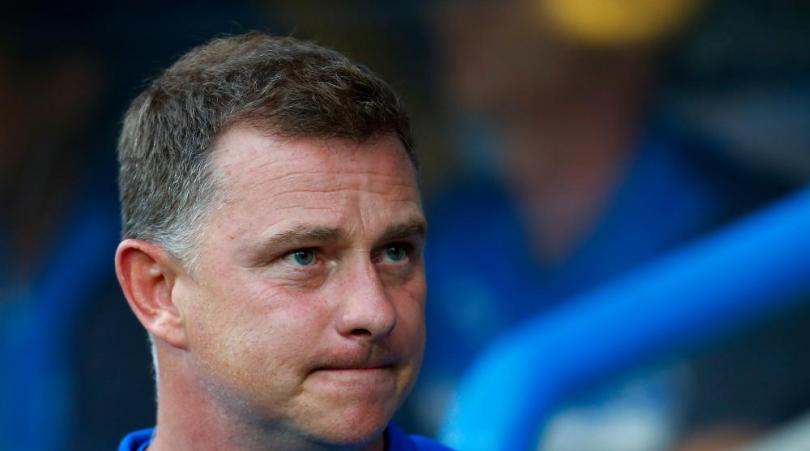
Mark Robins is credited with "saving Alex Ferguson" with a goal against Nottingham Forest that kept the Manchester United boss in a job. He may not have hit Fergie's heights in his own career - on or off the pitch - but his time in the dugout has been decent.
Robins had a tough job at Rotherham but did well, impressed at Coventry and saved Huddersfield from relegation in 2013. Since coming back to Coventry, he's won the EFL Trophy and led them to two promotions. Excellent work, indeed.
The jury's out
Michael Appleton (played for Ferguson, 1994-97)
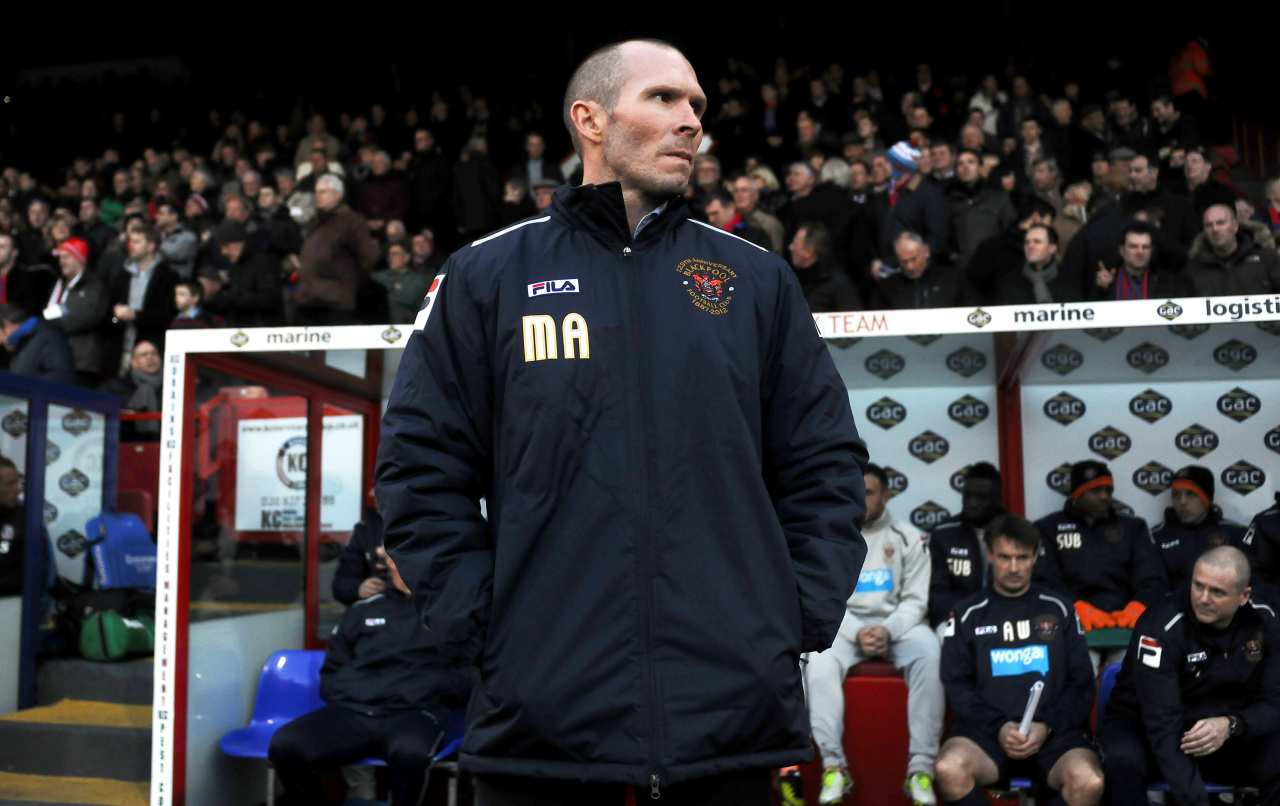
Michael Appleton began his career at United and retired rather early due to a knee injury. Perhaps best remembered by Premier League fans as the frightening-looking caretaker who looked after Leicester when Craig Shakespeare was dismissed, he's had a decent career so far.
Appleton was particularly good at Oxford United, where he took the Us into League One and gave them a number of great cup runs to remember. Lincoln City have been good under his stewardship too, though he wasn't great at Blackburn before that. Perhaps he's just improving.
Remi Garde (played for Wenger, 1996-99)
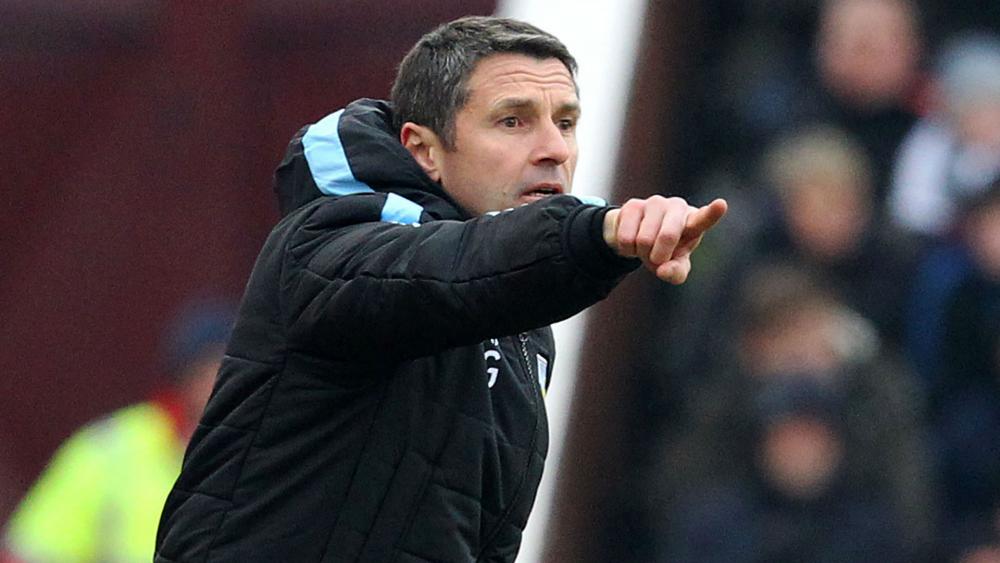
Remi Garde was an early signing of Wenger's who didn't live up to much - and he's since become the popular answer as to why you shouldn't hire managers with no experience in English football to oversee relegation battles.
Garde won a Coupe De France with Lyon and came very highly-rated with Aston Villa entrusting him with steering them clear of relegation. He won just three times in 23, however, as the Villans sacked him before the end of the season. He had a spell at Montreal Impact, too - but that wasn't much to write home about.
Bryan Robson (played for Ferguson, 1986-94)
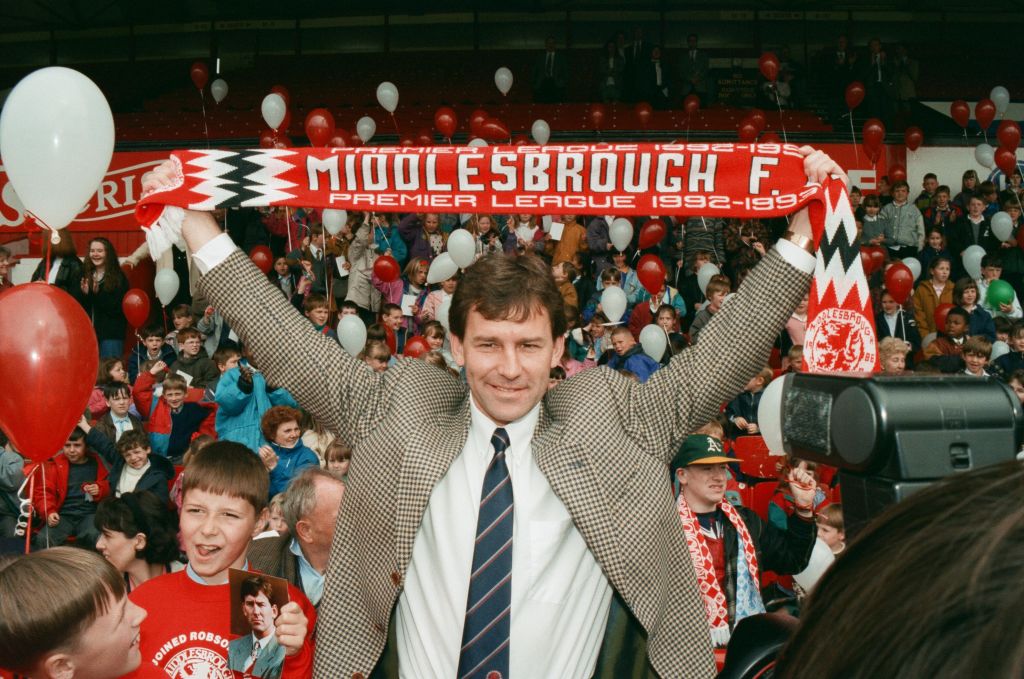
Bryan Robson has had a strange management career. He looked good for a while at Middlesbrough and kept West Brom up in 2004 on the final day of the season, in which famously, all four teams were still for the drop. Still, he got Bradford relegated from the Championship and faded fast at the Hawthorns.
Is he a good manager? Perhaps. He never exuded the same fiery charisma as Sir Alex though and he now works as a United ambassador.
Sol Campbell (played for Wenger, 2001-06, 2010)
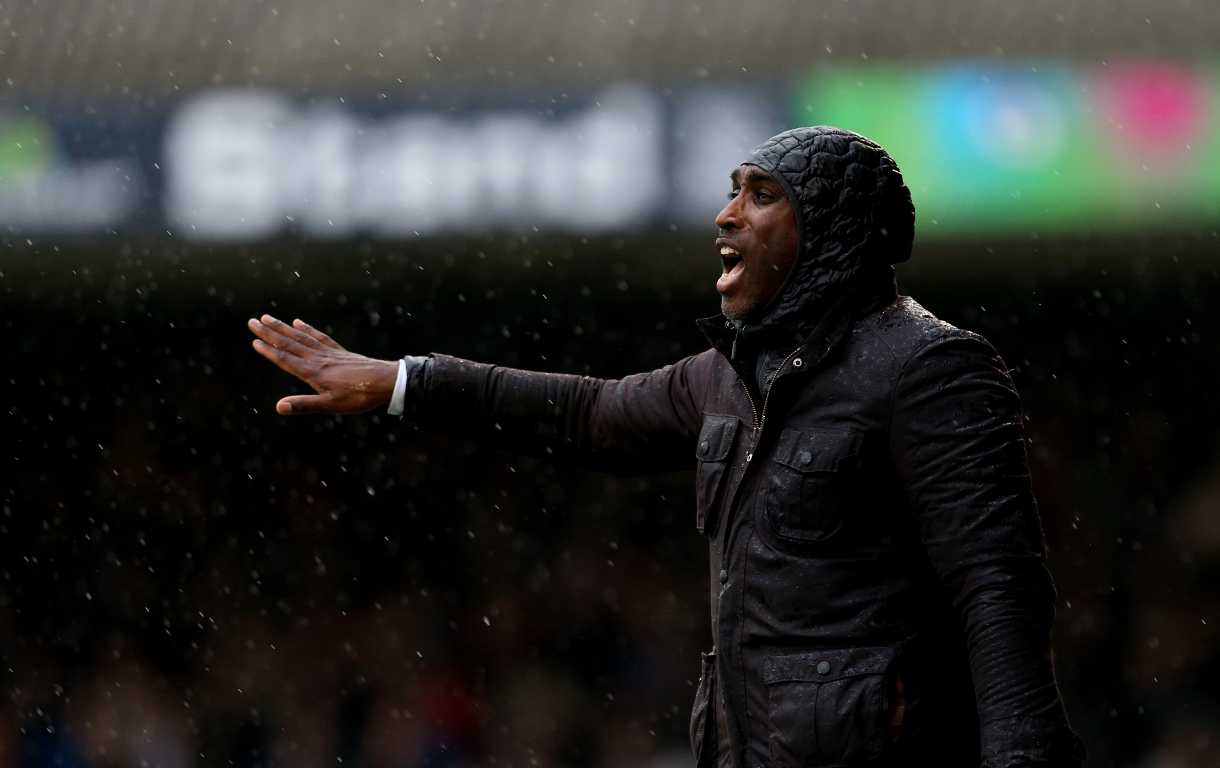
Super Sol Campbell played for the likes of Harry Redknapp, Glenn Hoddle, Sven Goran Eriksson and George Graham - but it's under Arsene Wenger that he had most success in his career.
As a manager, he helped keep up Macclesfield Town on the last day of the season, winning or drawing two-thirds of his games in charge. At Southend, he had even fewer games to show his mettle, winning four and drawing five of 14, as COVID-19 wrapped the season up early.
There's clearly something in Sol. He just needs a chance at a decent-sized club - preferably one without financial restraints, too. He seems a good coach, after all.
Darren Ferguson (played for Ferguson, 1990-94)
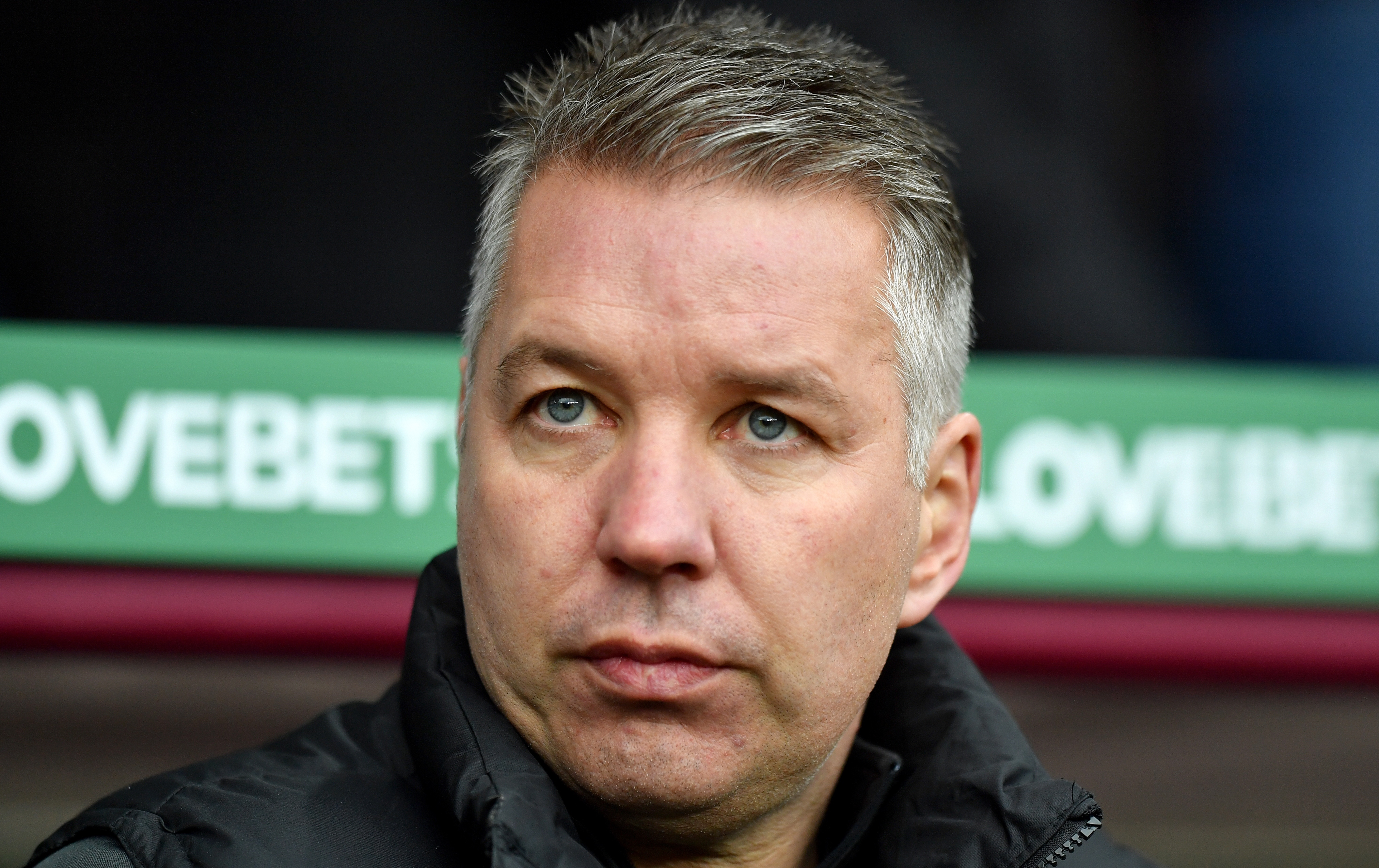
Sir Alex's boy, Darren, played for United and has followed in his father's footsteps into the dugout, too.
Fergie Jr isn't quite the tour-de-force his dad was. He won two promotions in a row with Peterborough, didn't look quite as comfortable in the Championship or at Preston and his return to the Posh didn't pan out too well.
Well, he's back at Peterborough again, now, and he's got them back into the Championship.
Thierry Henry (played for Wenger, 1994, 1999-2007, 2012)
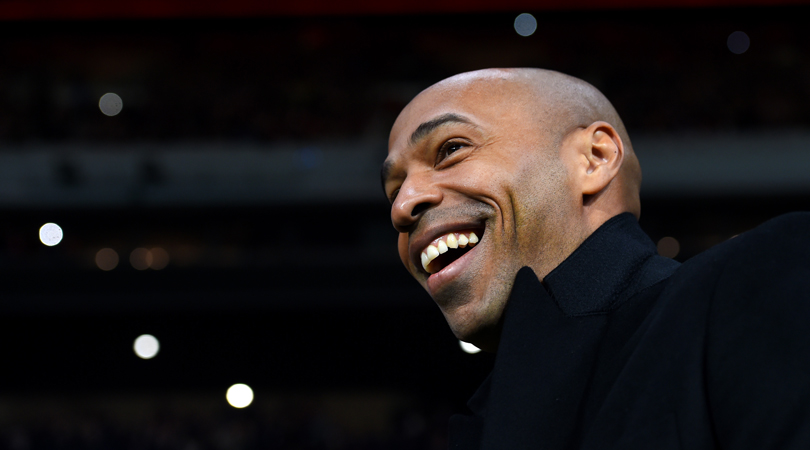
Thierry Henry talked up the influences of Arsene Wenger and Pep Guardiola from his playing days, when he took the Monaco job as his first foray into management. It turned out to be an absolute disaster, however.
Les Monagasques were flirting with relegation, as it appeared that the legendary striker couldn't seem to understand how to communicate with players not as talented as he was. A spell in Montreal didn't set the world alight either, though he seemed to learn from many mistakes.
Henry is carefully considering his next move - which seems wise after two bumpy journeys so far. Given Vieira's turnaround, you wouldn't put it past him to make a success of wherever he ends up next.
Jaap Stam (played for Ferguson, 1998-2001)
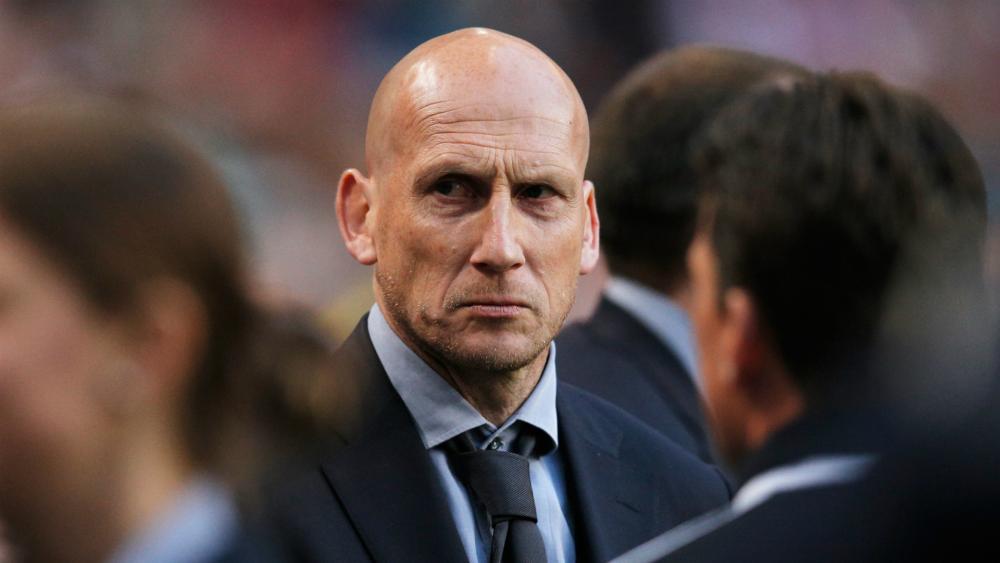
Jaap Stam may not have had as long under Sir Alex Ferguson as many would've liked but his stubbornness to play controlling football at Reading seemed like a trait he may have picked up while in Manchester.
Stam missed out on promotion in a play-off final with the Royals but since then, his career has headed south. He was sacked the following season, had a short stint at PEC Zwolle in the Netherlands and then resigned from Feyenoord long after. He then lasted just a year at FC Cincinnati.
Most famously, the MLS side announced Stam with a photo of a different bald manager in the photo. Ajax youth coach Tinus van Teunenbroek was confused for the former defender.
Giovanni van Bronckhorst (played for Wenger, 2001-04)
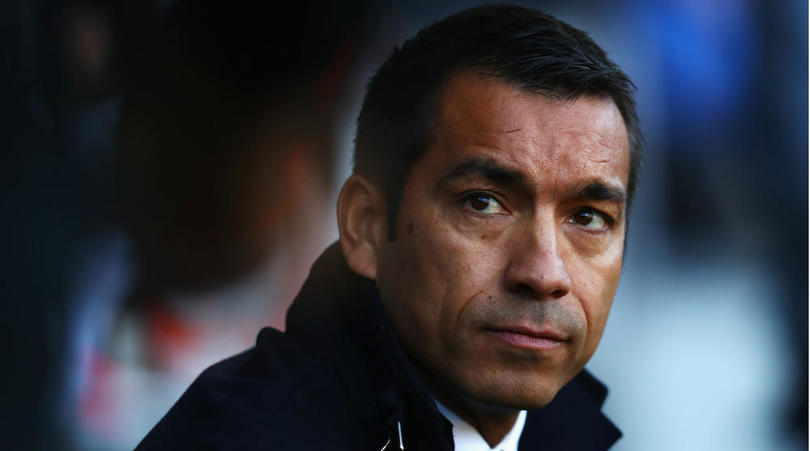
Giovanni van Bronckhorst played for Arsenal at the start of the 2000s and was displaced by Ashley Cole at left-back, eventually going to Barcelona. As a manager, he was highly-rated at the start of his career - and it seems like he's just about to do bigger things after a long wait.
Van Bronckhorst spent four years at Feyenoord, winning the Eredivisie and a couple of cups while in competition with Erik Ten Hag at Ajax. After a year at Guangzhou R&F (that's what they're called this week), he's now gone to former club Rangers, where Brits will get to see just how good he is.
Roy Keane (played for Ferguson, 1993-2005)
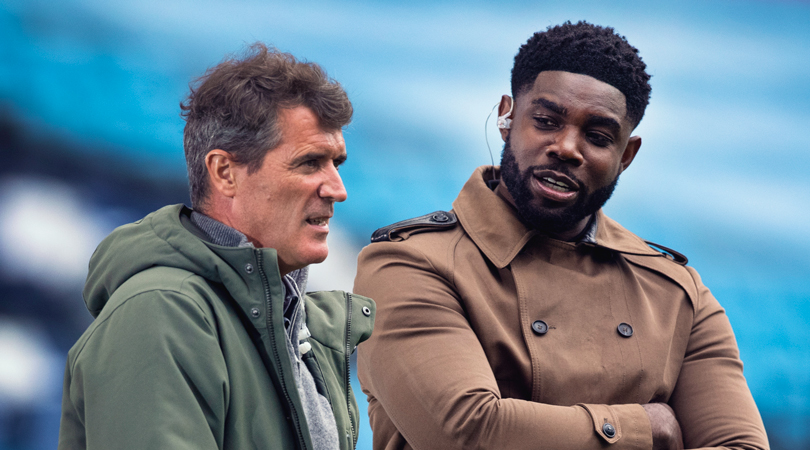
He's on Sky Sports berating Manchester United every week so he's clearly not in big demand for management.
Many thought Roy Keane would become a top manager due to his leadership skills but it turns out he just demands passion and desire. He's fallen out with a lot of people and worked as Martin O'Neill's no.2 in the Ireland set-up but it's easy to forget now, he won the Championship with Sunderland very impressively.
He may not be the boss that some thought he'd become but he's not really had many opportunities at big management jobs. Why would we want to lose him as a pundit, anyway?
Phillip Neville (played for Ferguson, 1994-2005)
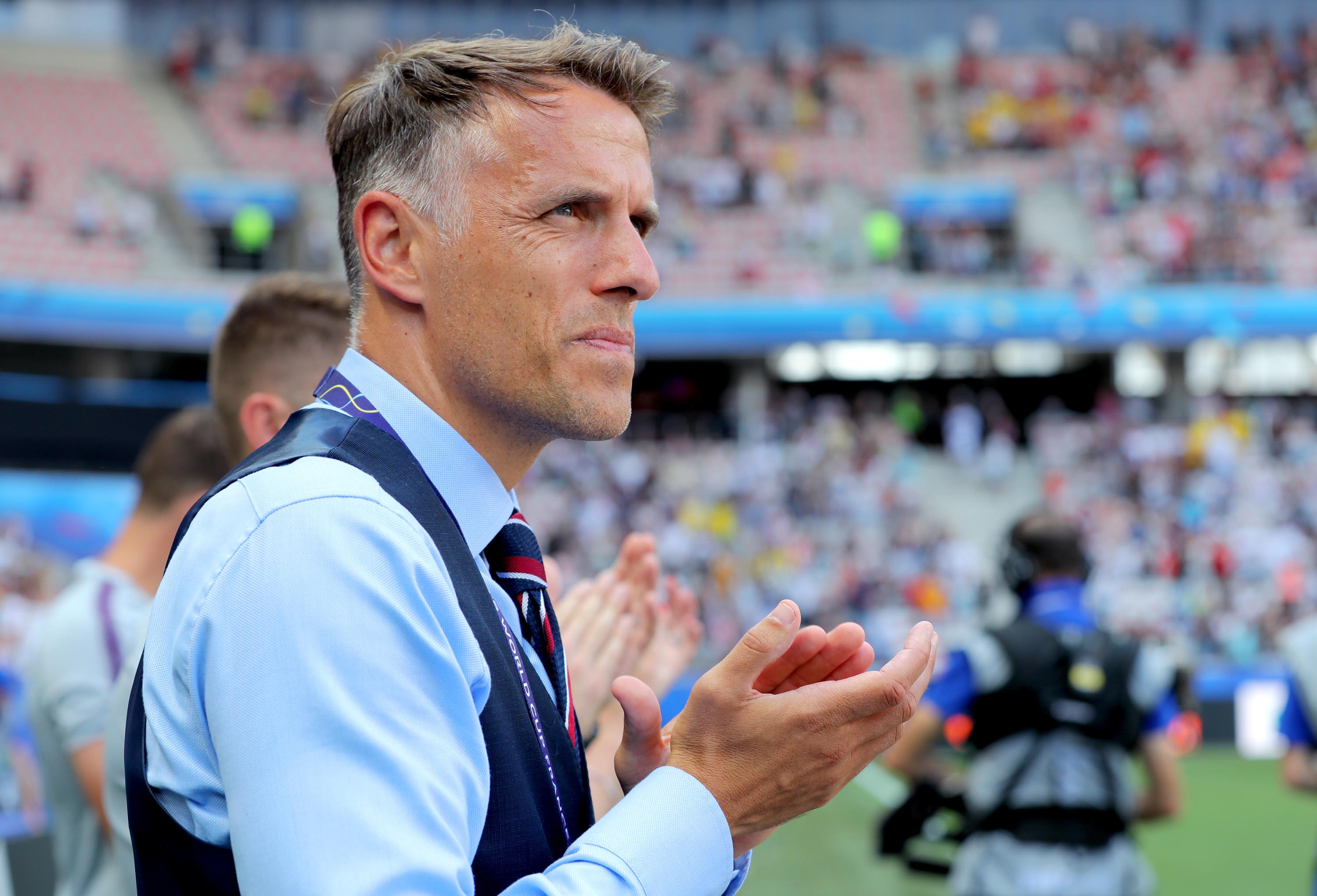
Phil Neville has a 54% win ratio as England Women manager, though his Inter Miami career has been a considerable crash down to Earth. It's hard to guess whether or not he's a truly good manager: he had good players with the Lionesses set-up and did well but has been underwhelming in MLS.
How much Neville credits Sir Alex with his philosophy remains to be seen, too. He perhaps learned just as much from David Moyes - and his defence-first strategy might well testify to that.
Ryan Giggs (played for Ferguson, 1990-2013)
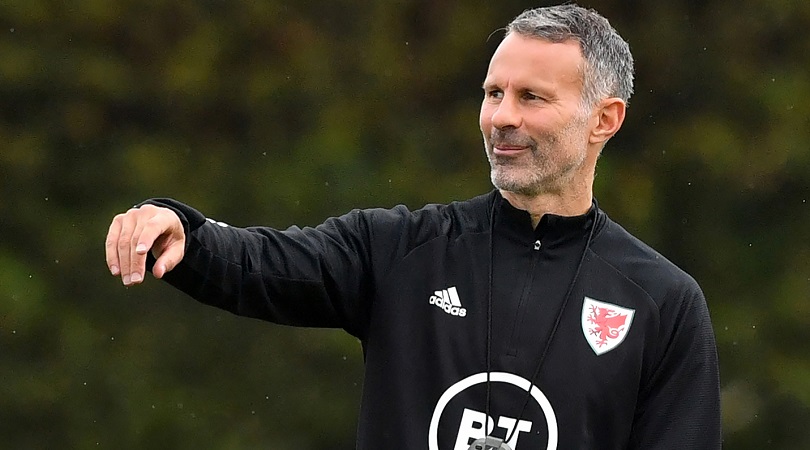
Rob Page has been interim-managing Wales for so long now that it's hard to remember how good Giggsy was as a manager. But he played fairly good football and looked a decent fit for the national side.
Just how good a manager the former winger actually is remains to be seen. Given that he played all but one season of his 23-year career under Ferguson, it's safe to guess where his inspiration will come from.
Wayne Rooney (played for Ferguson, 2004-13)
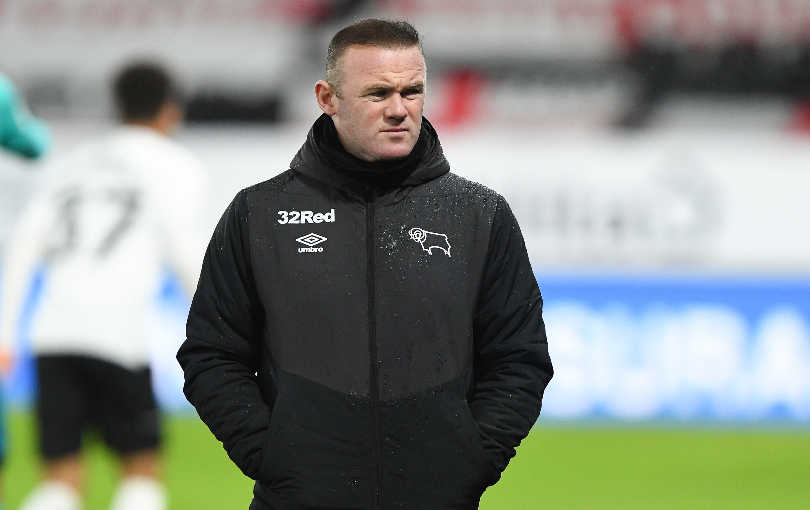
Wayne Rooney has an impossible job really at Derby County. While he won't be judged too harshly by how he does, however, the early signs are good: he's winning games, it's just whether it's enough to keep the Rams up.
Rooney played for some big bosses and will no doubt get a bigger job after this one. That's perhaps where we'll really see what he's made of as a manager.
The worst
Paul Ince (played for Ferguson, 1989-95)
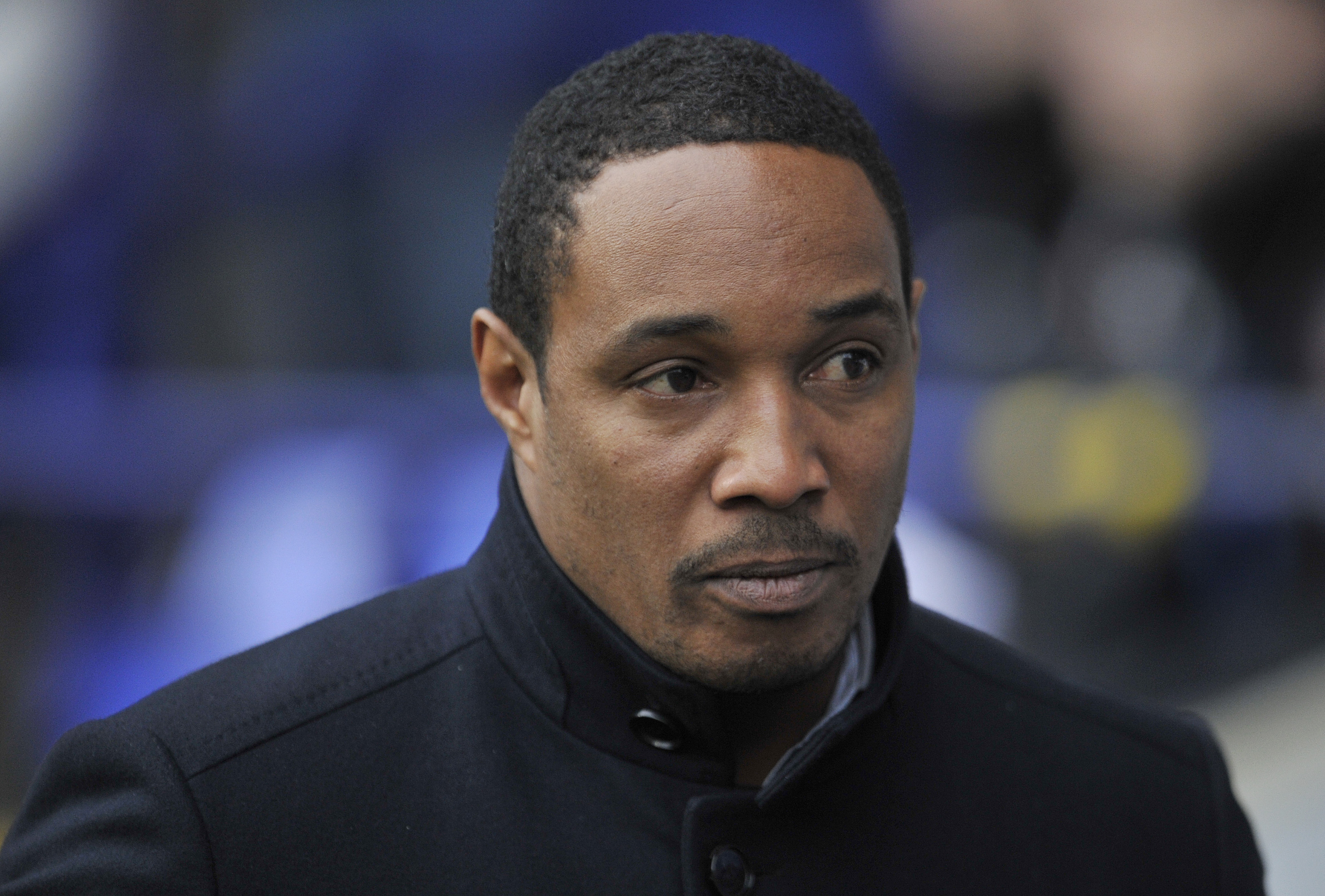
Remember when eagle-eyed viewers spotted Paul Ince's Blackburn Rovers notebook and it had nothing but the word "shoot" and an arrow? Rovers fans will tell you that actually, he won that game.
In a way, that sums Incey up. He was a promising coach at Macclesfield and MK Dons before he got the Blackburn job and didn't do too well at Ewood Park, before jobs at Notts County and Blackpool damaged his reputation for good. It's been a mixed career.
Mike Phelan (played for Ferguson, 1989-94)
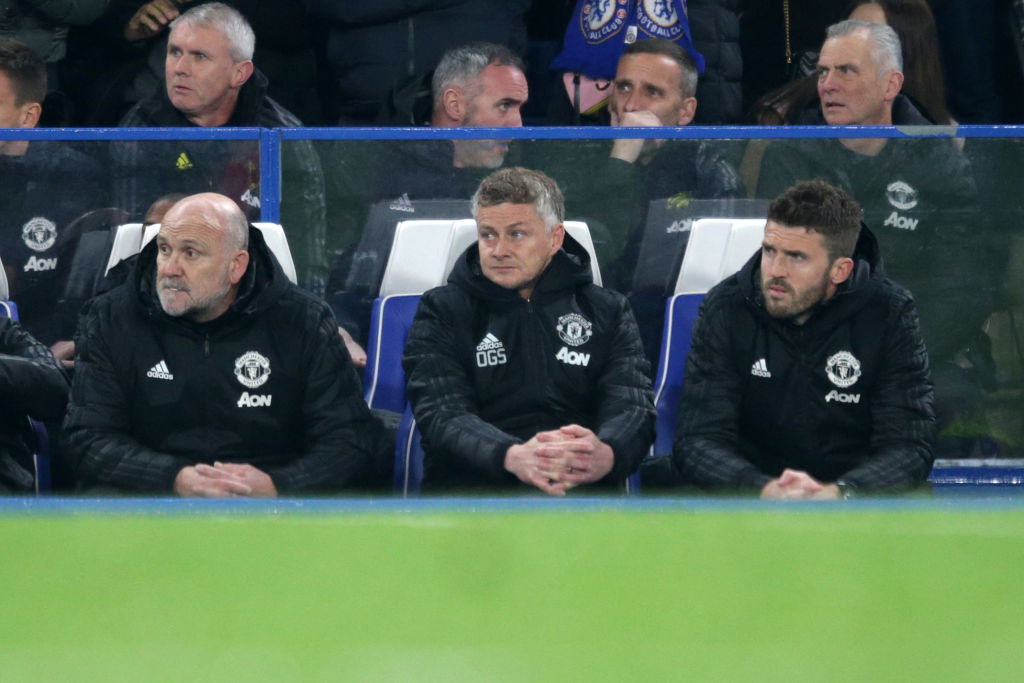
A member of United's backroom staff under Solskjaer, Phelan played under Fergie in the 80s and was his final assistant at Old Trafford.
As a manager, his CV doesn't read particularly well. Took caretaker charge of Norwich but didn't actually manage a game, before taking caretaker charge of Hull and stumbling into full-time employment when he actually won his first two games and was awarded Manager of the Month. He was then sacked three months later when that turned out to be the falsest of dawns.
Harsh to call him a bad manager? Perhaps. He much prefers being a background coach, though.
Tony Adams (played for Wenger, 1996-2002)
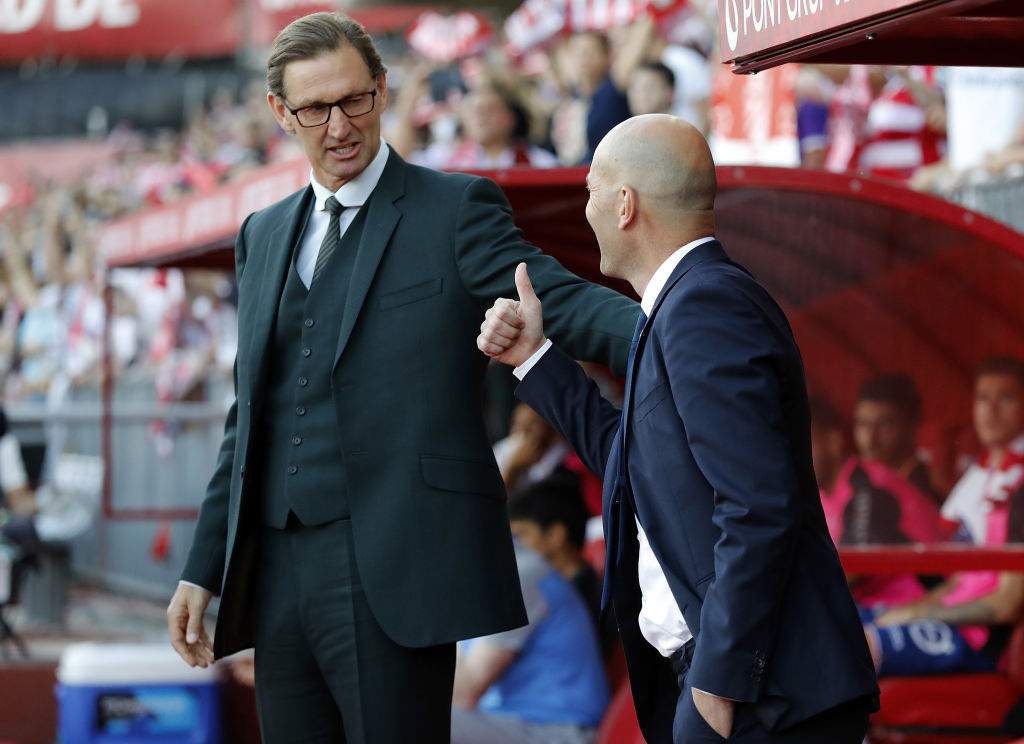
Yes, that's Tony Adams managing opposite Zinedine Zidane. Perhaps what Arsenal fans expected would happen one, when the legendary leader hung up his boots... just not how it actually turned out.
Mr Arsenal managed Wycombe Wanderers to little success, Portsmouth to even littler and Azerbaijani side Gabala a season later before heading to Granada to save the Spanish side from relegation. Armed with training sessions that would go viral and Nigel Reo-Coker, that's where Adams would compete against Zizou on the touchline in his Southgate-esque waistcoat. Isco infamously mocked him from the bench and called him a waiter.
Gabriel Heinze (played for Ferguson, 2004-07)
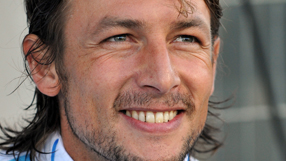
Gabriel Heinze played under Marcelo Bielsa, Juande Ramos and Sir Alex Ferguson. As a manager, he's not been a huge success.
The Argentinian defender moved to Godoy Cruz despite not having the necessary qualifications. He lasted eight games, has been at Argentinos Juniors and Velez Sarsfield and got sacked from Atalanta United.
Nicolas Anelka (played for Wenger, 1997-99)
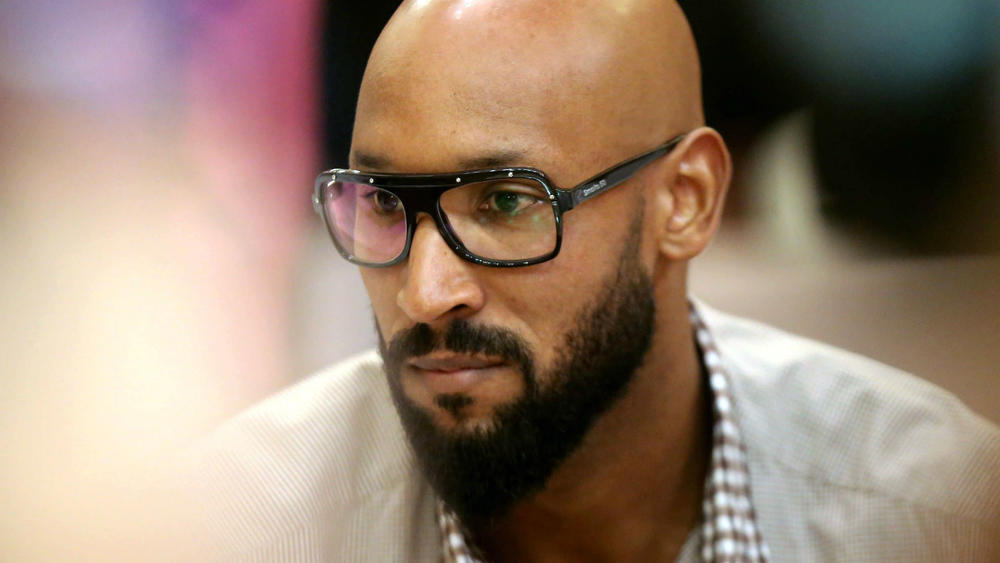
It was perhaps Arsene Wenger who had the least influence on Nicolas Anelka's career, given that Anelka moved away from Arsenal as soon as he could and went onto play for another 13 teams.
The Incredible Sulk's career in the dugout has consisted of him being a player-coach at Shanghai Shenhua and a brief management stint at Mumbai City. He's also been a sports director second division Hyeres in France for a few months.
Teddy Sheringham (played for Ferguson, 1997-2001)
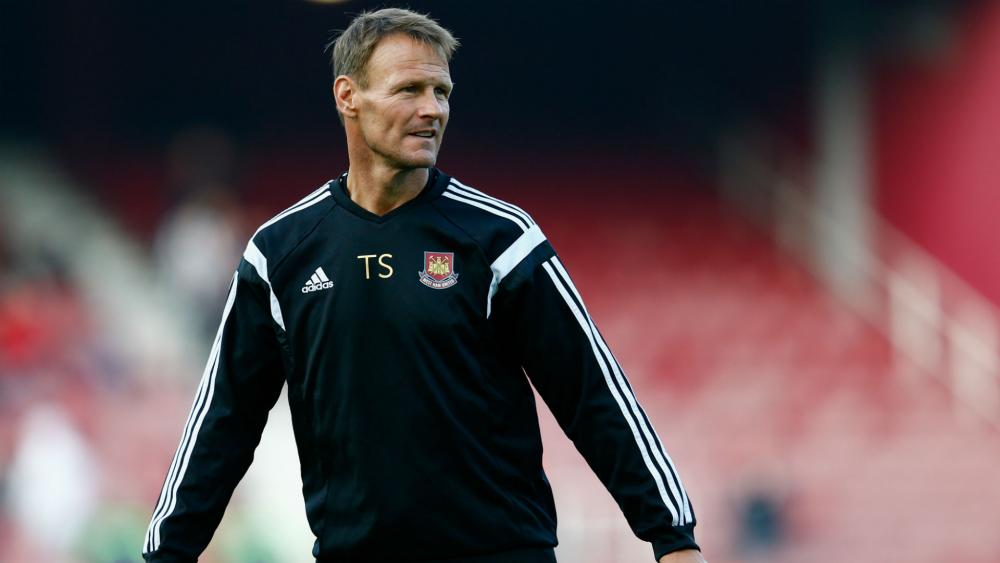
He holds the record as the oldest outfield player to appear in a Premier League match and the oldest player to score in a Premier League match. It perhaps shouldn't be a surprise then that even in management, Teddy Sheringham registered himself as a player.
Sheringham was sacked from Stevenage after mere months and moved to Kolkata-based ATK in 2017. He won just three games in 10 and has since become a notable poker player.
Paul Merson (played for Wenger, 1996-97)
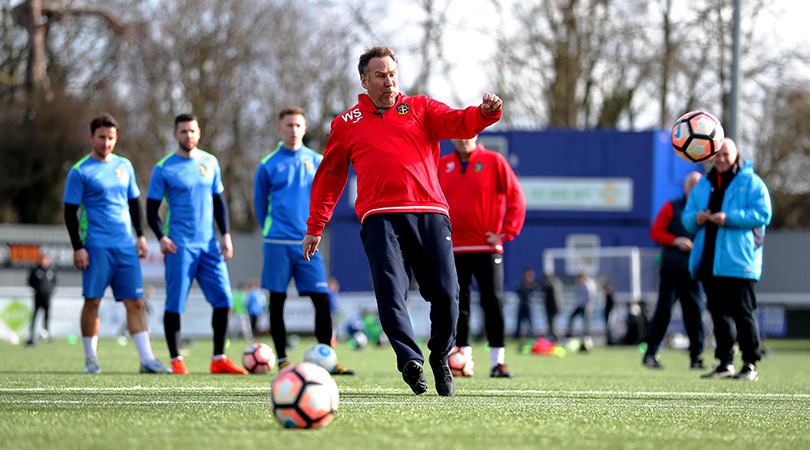
Paul Merson had a difficult time at Walsall but did at least keep them in League One during his first season of management. The side did go out of all cup competitions, however, to lower league teams and Merse left the side in the relegation before he was sacked.
He hasn't been back into management and has instead become a fixture on Sky Sports. He apparently didn't like working under Arsene Wenger very much either, turning down his offer of a contract at Arsenal to join Middlesbrough a division below - so there's not much influence there on his coaching philosophy.
Gary Neville (played for Ferguson, 1992-2011)
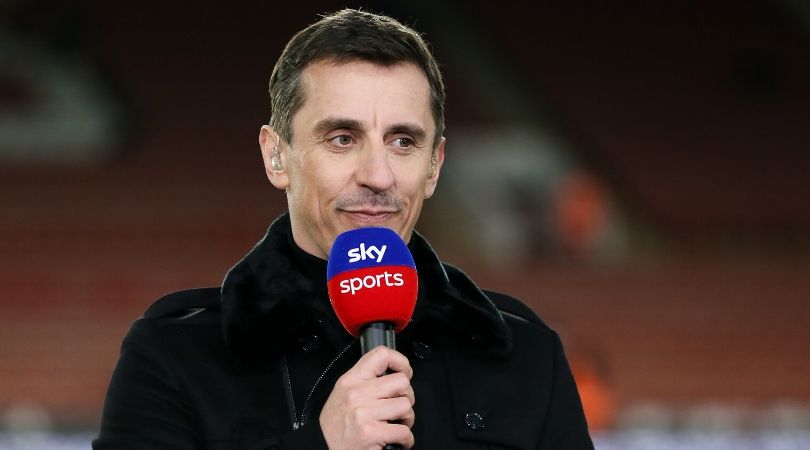
Gary Neville would be the first to admit that he isn't the best manager in the world, claiming that he just wasn't engrossed in coaching enough to succeed.
His four-month career in management started and ended with helping out business partner Peter Lim at Valencia. The Sky pundit won just 10 matches in 28, with his side scoring one more goal than they let in.
David Platt (played for Wenger, 1996-98)
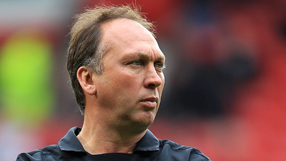
David Platt enjoyed a fine playing career in Serie A but when he returned to Italy to management, other clubs protested that the ex-Arsenal star did not have the appropriate coaching qualifications to coach in the league. He resigned shortly before the club went down.
Platt then managed at Nottingham Forest, which is still considered by fans as one of the reasons the club suffered such a sharp decline, as millions were wasted on flops and several top stars were left frozen out of the first team. His stint for the England under-21s ended when he failed to qualify for the Euro 2004 tournament and he spent just a season at Pune City.
Henning Berg (played for Ferguson, 1997-2000)
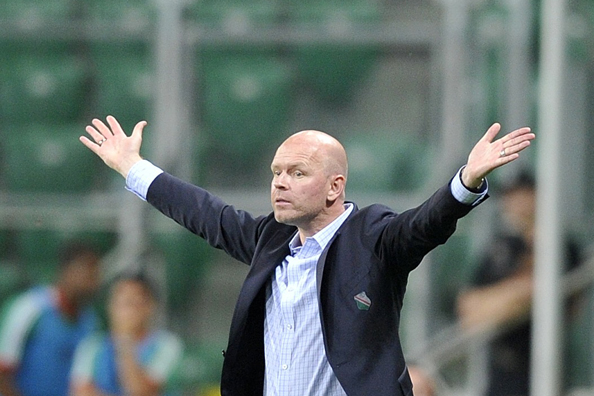
Given that he's a club legend, the fact that most Blackburn fans would tell you Henning Berg getting sacked five months into managing Rovers wasn't that harsh... tells you everything you need to know.
Short spells at Legia Warsaw, Videoton and Stabek suggest he didn't bottle whatever Fergie had - but he has at least lasted a little longer at Omonia.
Steve Morrow (played for Wenger, 1996-97)
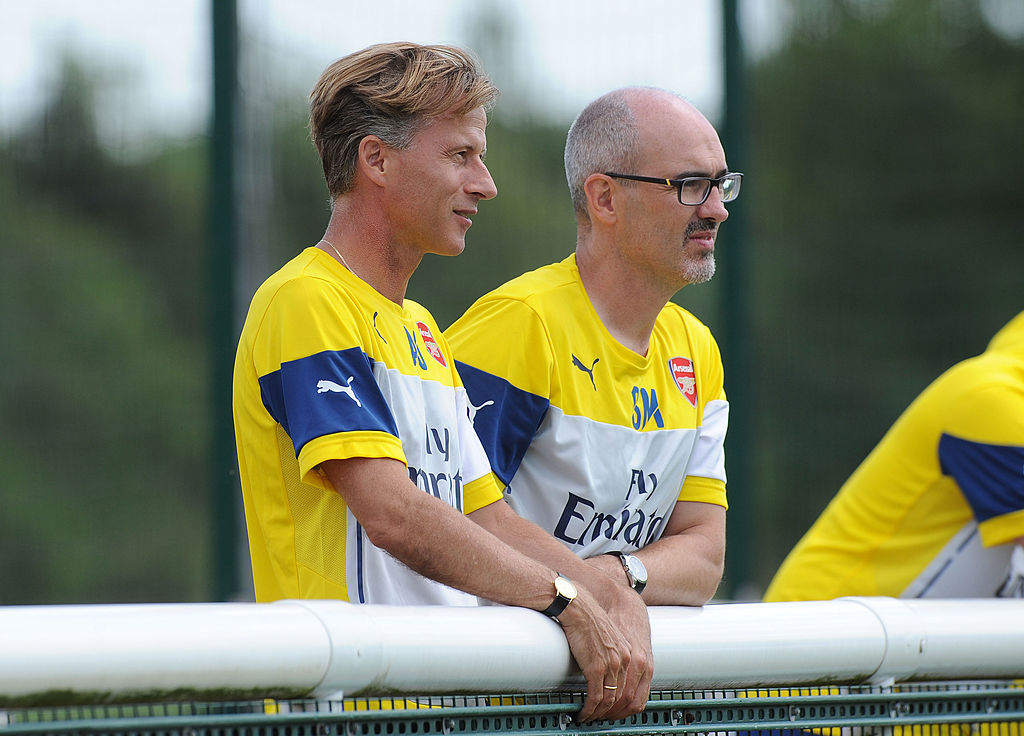
Steve Morrow didn't play for very long under Arsene Wenger but is best remembered for scoring the winner in the 1993 League Cup final for Arsenal. In the post-match celebrations, Tony Adams tried picking Morrow up to put him on his shoulders, dropped the northern Irishman and broke his arm.
Morrow's life in management hasn't been too fruitful. He managed FC Dallas for two years in the 2000s but hasn't taken on another role since. He has, however, had coaching roles at Arsenal behind the scenes.
Subscribe to FourFourTwo today and save over a third on standard price.
Restock your kit bag with the best deals for footballers on Amazon right now
ALSO READ
LIST Football Manager 2022: All the FM22 wonderkids you'll need to sign
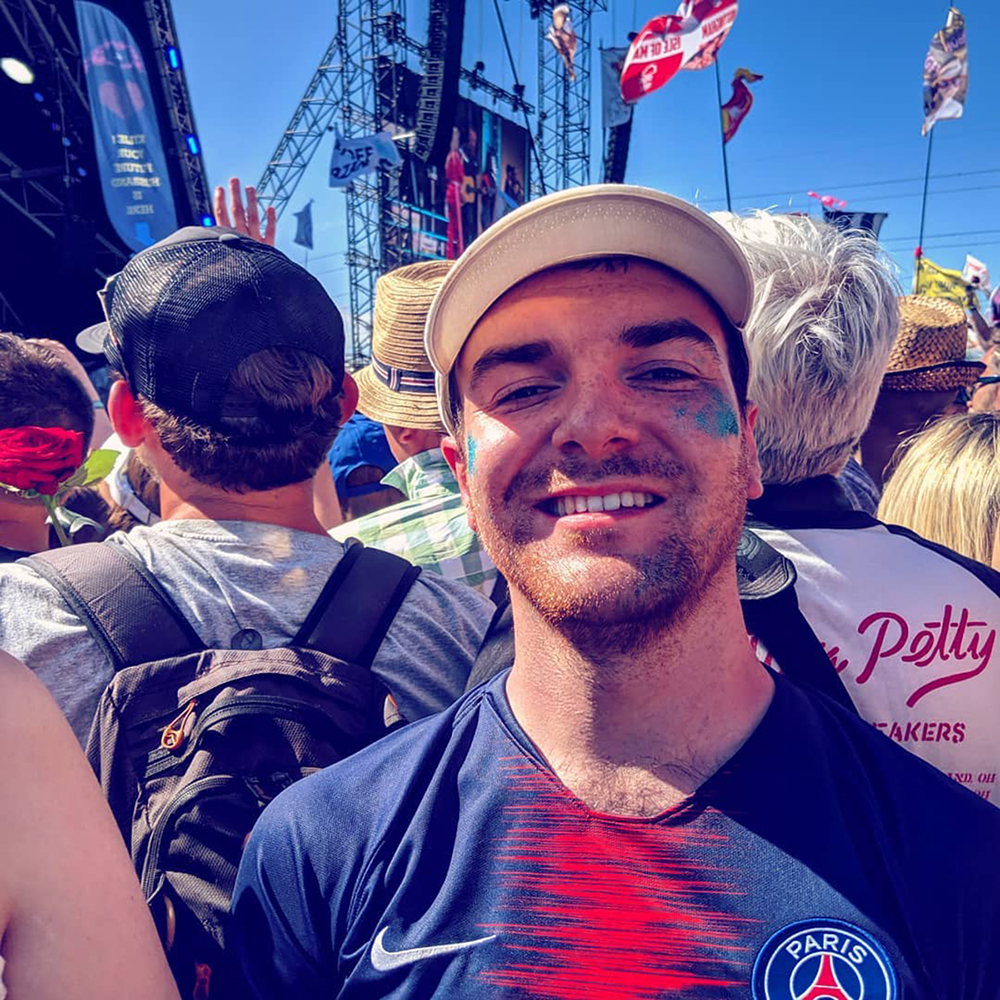
Mark White has been at on FourFourTwo since joining in January 2020, first as a staff writer before becoming content editor in 2023. An encyclopedia of football shirts and boots knowledge – both past and present – Mark has also represented FFT at both FA Cup and League Cup finals (though didn't receive a winners' medal on either occasion) and has written pieces for the mag ranging on subjects from Bobby Robson's season at Barcelona to Robinho's career. He has written cover features for the mag on Mikel Arteta and Martin Odegaard, and is assisted by his cat, Rosie, who has interned for the brand since lockdown.
